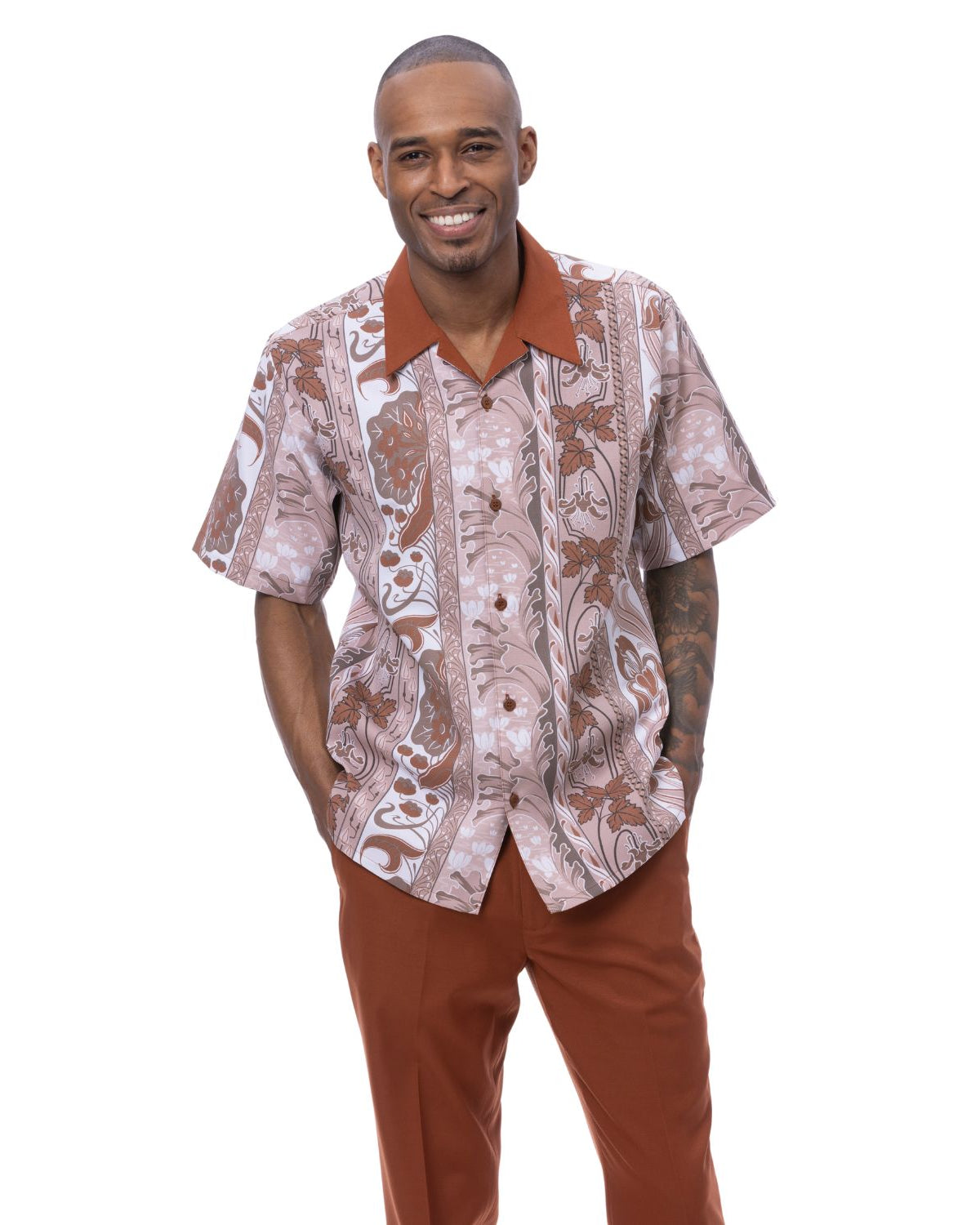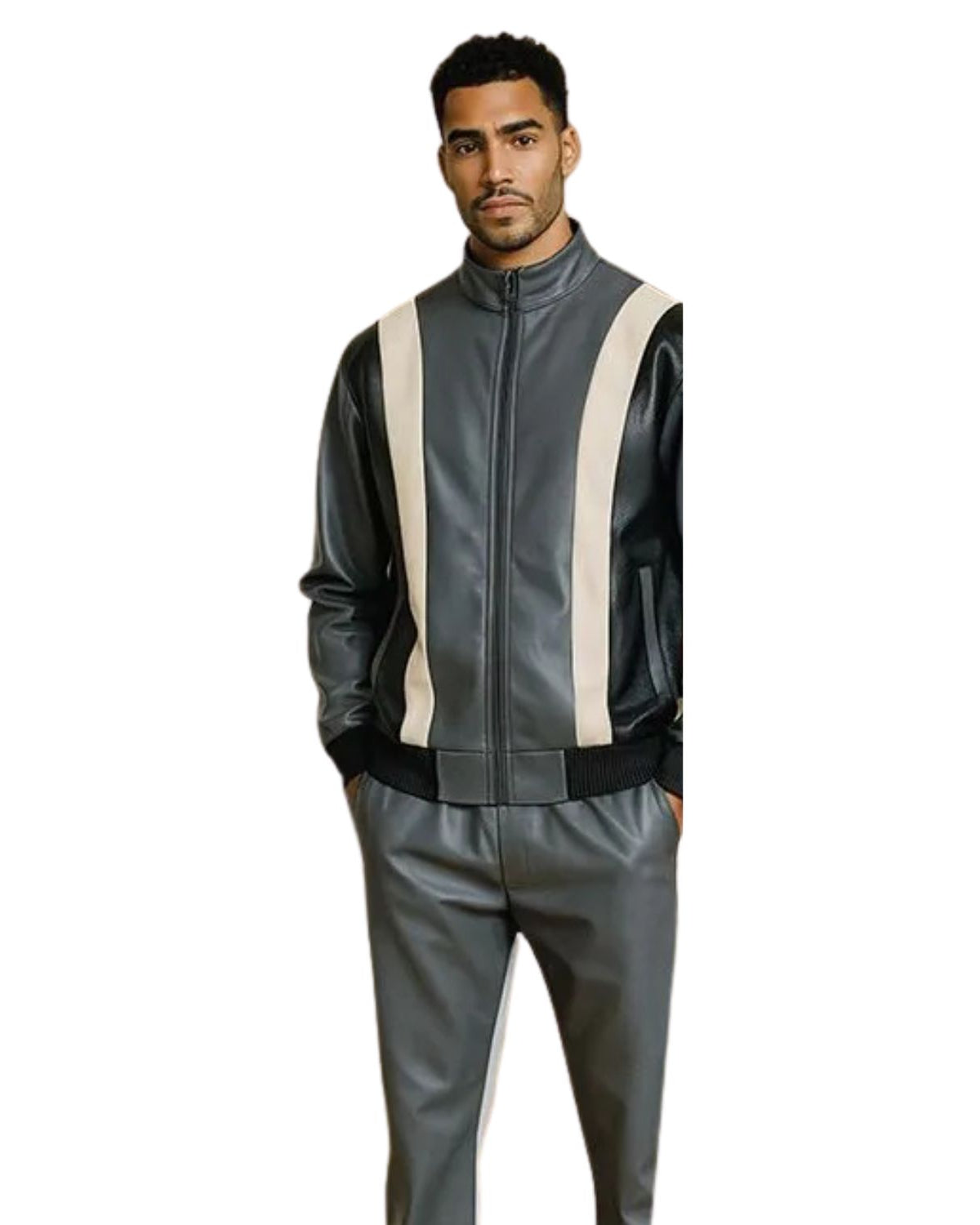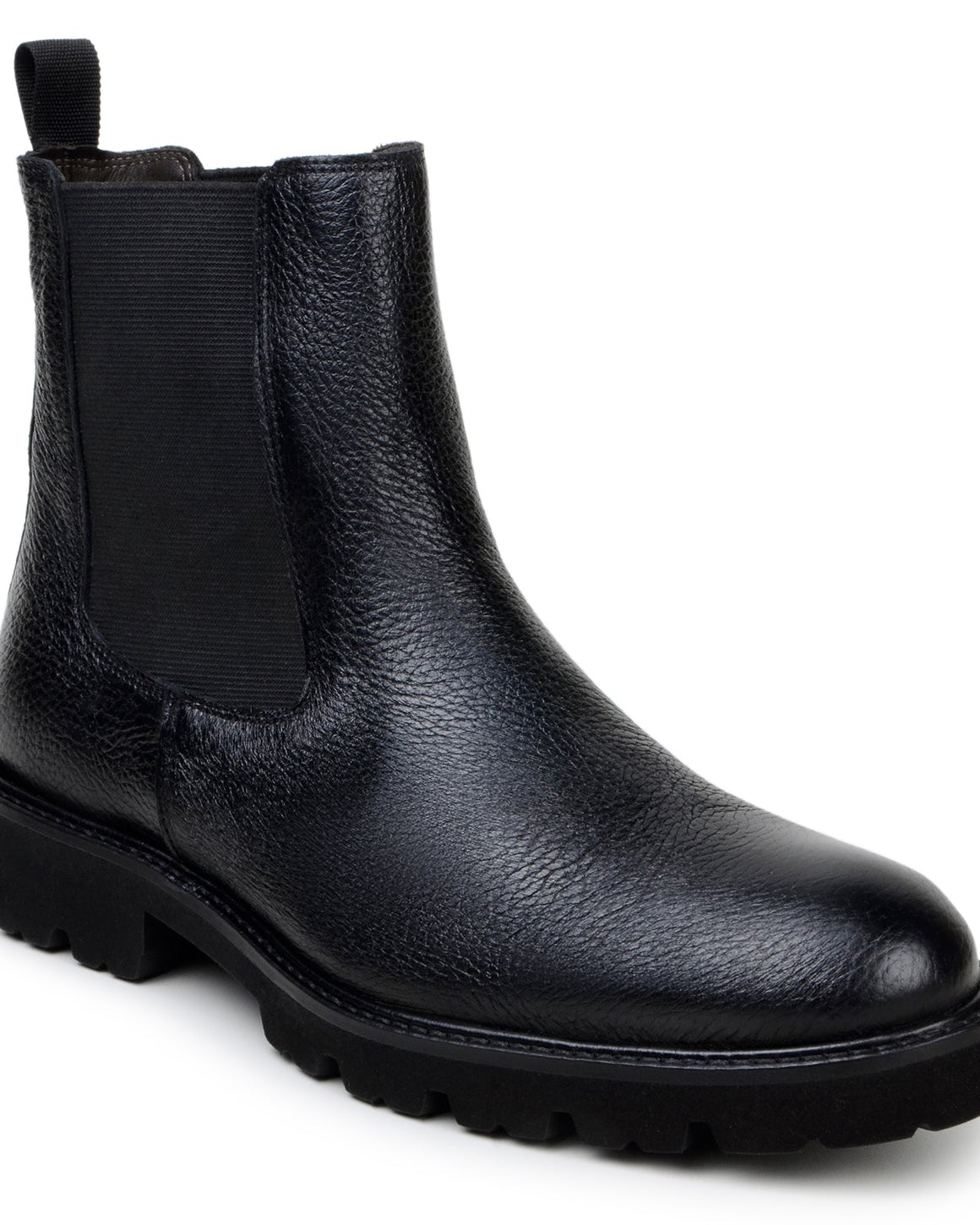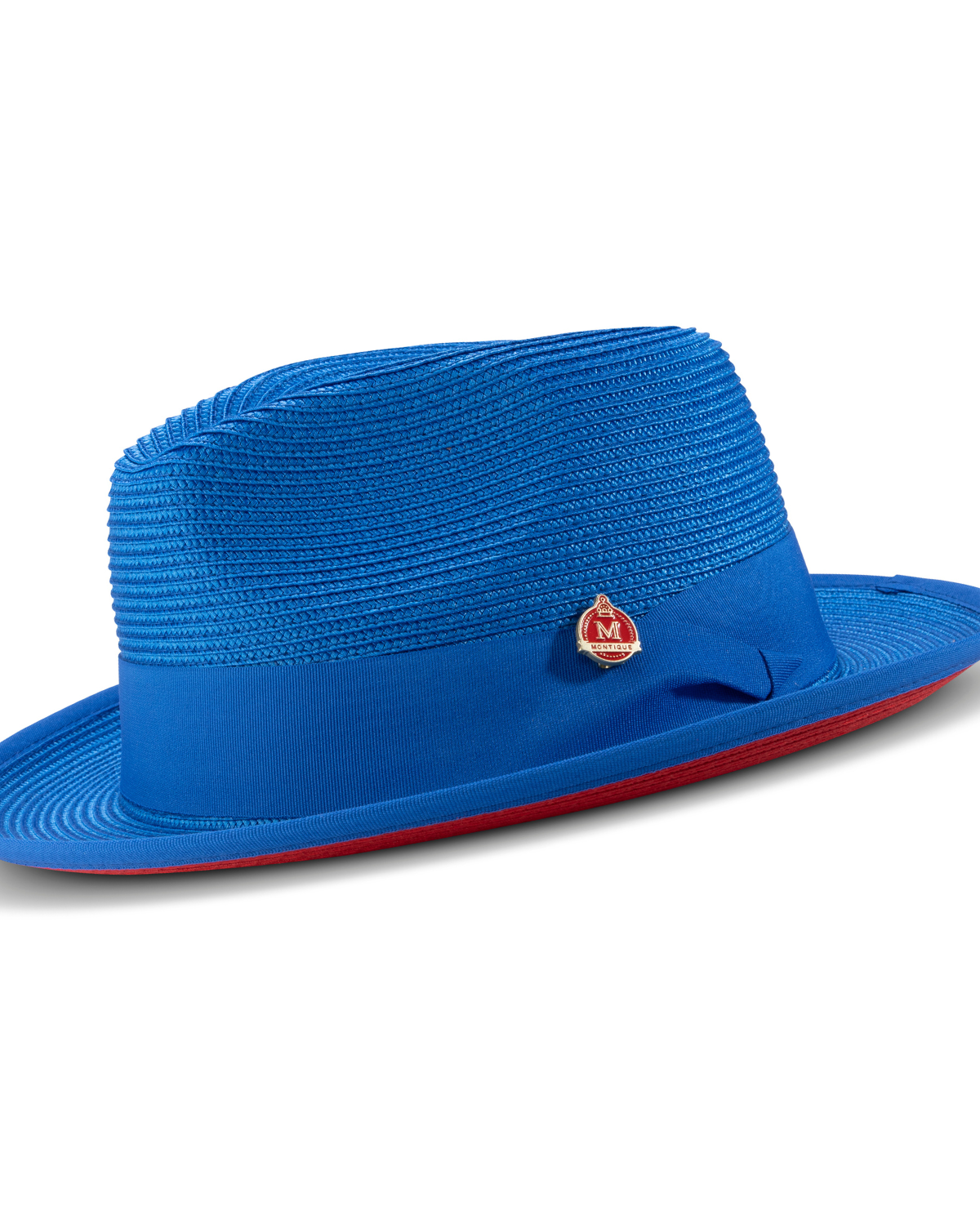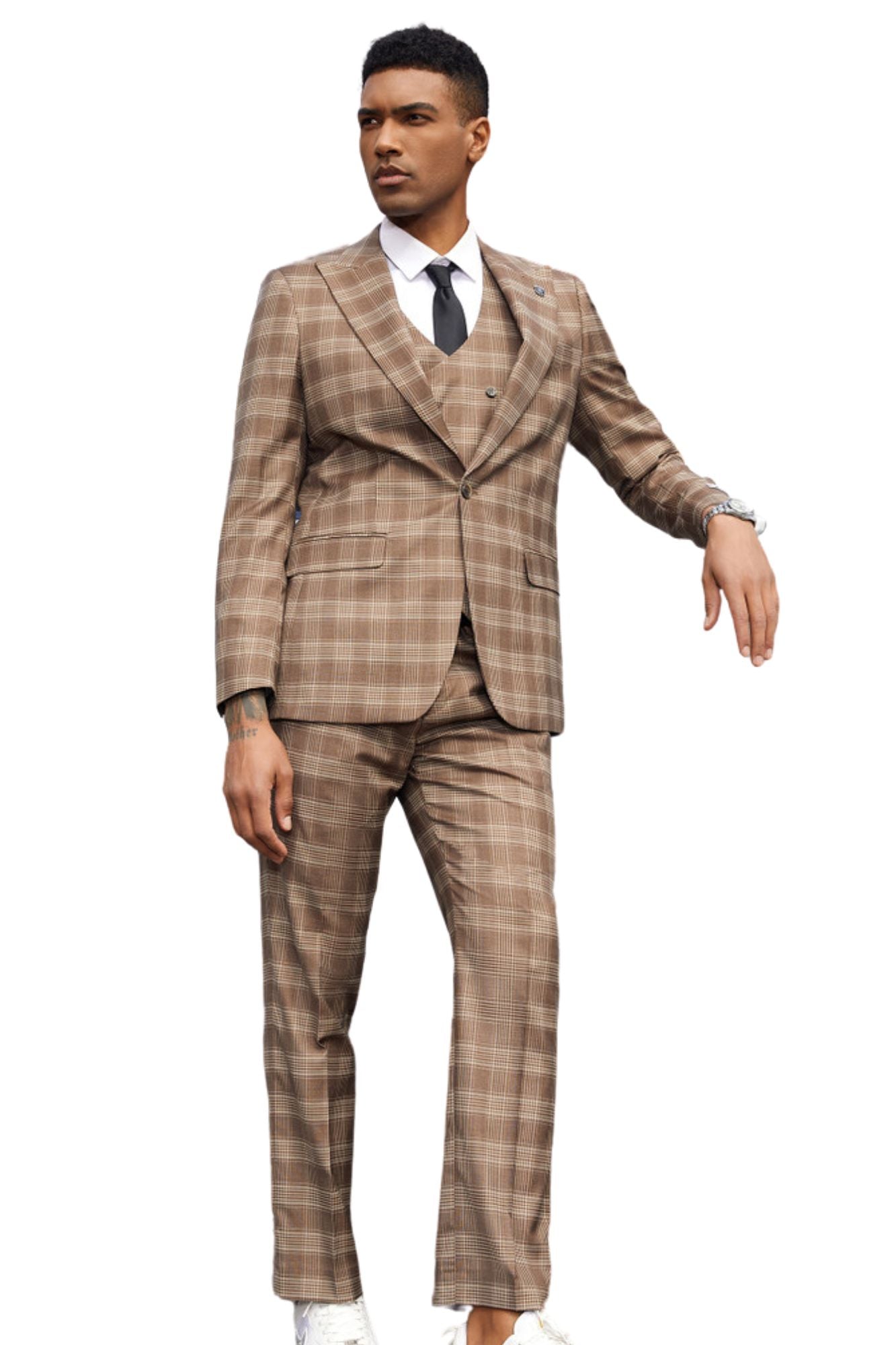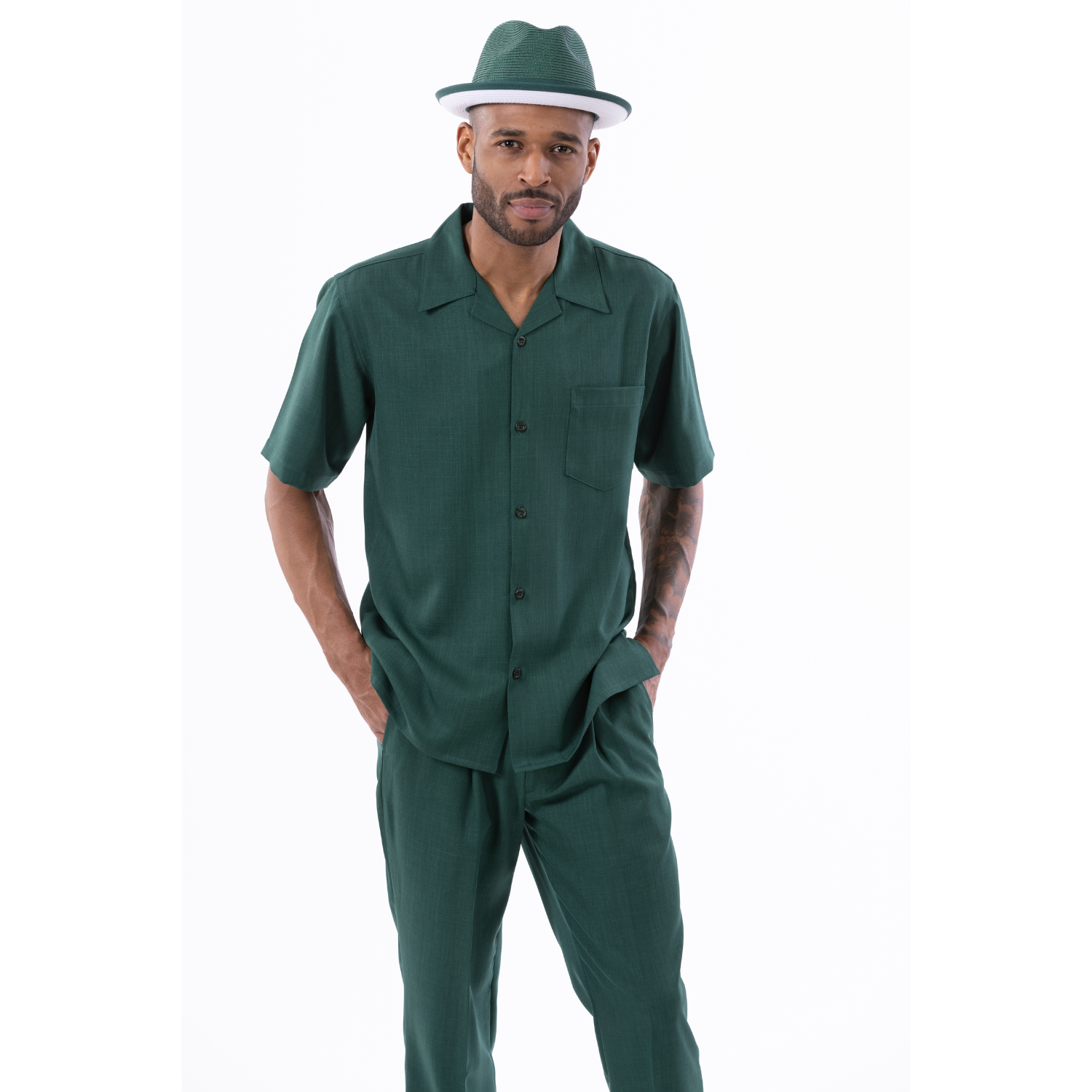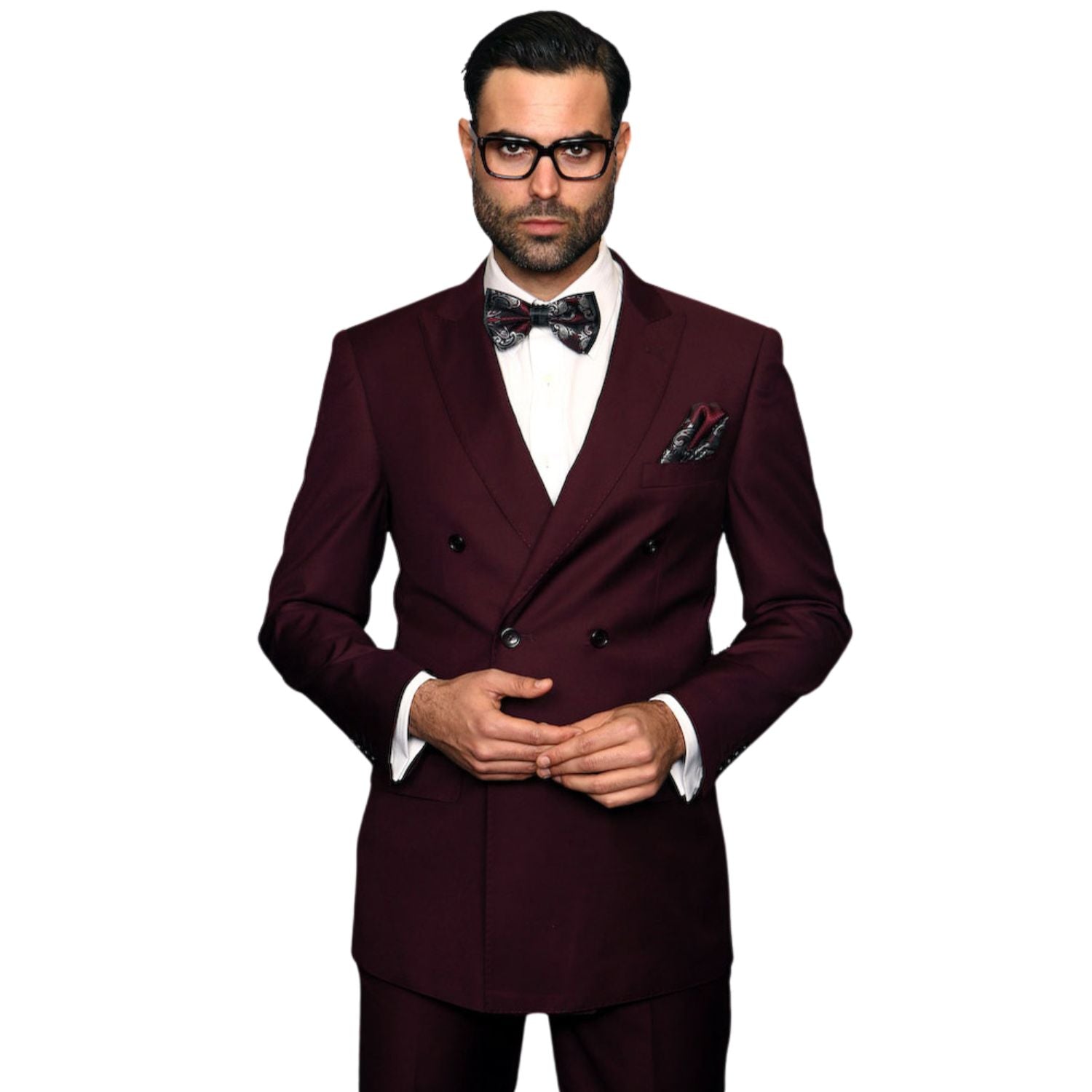What You Need to Know
- Wool is the most popular and versatile suit fabric.
- Cotton provides breathability and is budget-friendly.
- Linen is ideal for summer but wrinkles easily.
- Silk offers luxury but may require more care.
- Synthetic fabrics are affordable but often lack comfort.
Choosing the right suit fabric is like selecting the perfect paint color for your home; it sets the tone for everything that follows. The fabric you choose plays a crucial role in the overall quality and performance of your suit. Wool remains the reigning champion among suit fabrics due to its breathability and durability. By understanding the characteristics of different fabrics, you can make a choice that complements your style and meets your needs.
| Key Factors | Considerations |
|---|---|
| Fabric Types | Wool, cotton, linen, silk, synthetic |
| Seasonal Suitability | Lighter fabrics for summer, heavier for winter |
| Breathability | Essential for comfort, especially in varying climates |
| Construction Quality | Influences the overall appearance and durability |
Understanding Fabric Types
Wool stands tall as the most commonly used option. It is known for its breathability and natural wrinkle resistance, which allows it to maintain a sharp appearance throughout the day. Cotton, while budget-friendly, may not drape as elegantly as wool, making it more suitable for casual settings. Linen, on the other hand, is a lightweight choice perfect for summer, but it wrinkles easily, bringing a relaxed vibe to any outfit.
Silk offers a luxurious touch, often blended with other fibers to enhance durability. Synthetic fabrics may be appealing due to their lower price tag, but they typically lack breathability, making them less desirable for suits. Understanding these nuances can help you navigate the world of suit fabrics more effectively.
Wool: The Gold Standard
Wool is often considered the gold standard for suit fabrics, thanks to its natural properties. It is breathable and has the ability to wick moisture away from the body, keeping you comfortable throughout the day. With proper care, a wool suit can last for up to 20 years, making it a sound investment for any wardrobe. Its versatility allows wool suits to transition seamlessly from formal to casual occasions, making them a must-have in any man's closet.
The quality of wool can vary, with finer grades providing a softer feel and more luxurious appearance. When selecting a wool suit, consider the fabric's weight; lighter weights are perfect for summer, while heavier weights offer warmth for winter wear. This adaptability makes wool an excellent choice for year-round use.
Cotton: The Timeless Choice
Cotton suits present a classic option for those seeking comfort and style. While they are generally less expensive than wool and linen, cotton's breathability is a strong selling point. However, cotton does not drape as well, which can make it less suitable for formal occasions. Instead, cotton suits shine in casual settings, where their relaxed fit and comfort can be appreciated.
When choosing a cotton suit, consider its weight and weave. Lighter cotton fabrics are ideal for summer wear, while slightly heavier options can provide more structure. Cotton suits are also easy to care for, making them a practical choice for everyday wear.
Linen: Comfort in Summer
Linen is the fabric of choice for those hot summer days, offering exceptional breathability and comfort. Its loose weave allows air to circulate, keeping you cool. However, linen is notorious for wrinkling easily, which can be seen as a charming aspect of its character. The casual look of linen suits makes them perfect for summer weddings, garden parties, and other relaxed occasions.
When considering linen, take note of its weight and texture. Lighter linen suits will drape effortlessly, while heavier options can provide more structure. Despite its casual nature, a well-fitted linen suit can still convey a sense of elegance, especially when paired with the right accessories.
Silk: Luxurious Elegance
Silk is often associated with luxury and refinement, making it a stunning choice for special occasions. It offers a soft, smooth texture that feels great against the skin. While pure silk suits are rare, silk blends can provide a balance of elegance and practicality. These blends often enhance the durability of the fabric, making them suitable for a variety of events.
When choosing a silk suit, consider its weight and sheen. A heavier silk will provide more structure, while lighter silks can drape beautifully. While silk suits may require more care, their unique appearance and luxurious feel make them a worthy investment for those looking to make a statement.
Synthetic Fabrics: Affordability vs. Comfort
Synthetic fabrics, such as polyester, offer affordability but often fall short in comfort. While they may be appealing due to their lower cost, synthetic materials are generally not recommended for outer suit shells. These fabrics can trap heat and moisture, leading to discomfort throughout the day. However, they can still be a viable option for lining or casual wear.
If you choose a synthetic suit, look for those blended with natural fibers to enhance breathability and comfort. This combination can provide a better overall experience while still keeping costs down. As with any fabric, assessing the weight and feel of the material is essential for making an informed choice.
Weave Types: Plain vs. Twill
The weave type of a fabric can significantly affect its quality and appearance. The two most common weave types for suits are plain and twill. Plain weaves create a smooth surface that exudes a classic look, while twill weaves offer a distinctive diagonal pattern that can add depth and interest to the fabric. Choosing the right weave can enhance the overall aesthetic of your suit.
When selecting a weave, consider how it impacts the suit's structure and drape. Twill weaves generally provide more durability and can be more resistant to creasing, making them an excellent choice for frequent wear. On the other hand, plain weaves offer a timeless elegance that can be perfect for both formal and casual settings.
Seasonal Suiting: Choosing the Right Fabric
When selecting a suit, considering the season is vital for comfort and style. Lightweight fabrics such as linen and cotton are perfect for summer, allowing for breathability and ease. In contrast, heavier fabrics like wool are best suited for winter, providing warmth without sacrificing style. Understanding the seasonal appropriateness of fabric can significantly enhance your overall look.
For transitional seasons like spring and fall, consider versatile fabrics that can adapt to changing temperatures. A medium-weight wool or a cotton blend can offer flexibility, allowing you to layer as needed. This approach ensures you remain comfortable and stylish, no matter the weather.
Custom Tailoring: The Ultimate Fabric Experience
Custom tailoring allows for a personalized approach to suit selection, optimizing both fit and fabric choice. A tailored suit often provides superior quality and a better overall appearance compared to off-the-rack options. This investment in personalization can enhance your comfort and style, ensuring you feel confident in any setting.
When considering custom tailoring, take the time to discuss your fabric options with your tailor. They can guide you toward the best choices based on your lifestyle and preferences. This collaborative approach allows you to create a suit that not only fits perfectly but also reflects your unique style.
Final Thoughts on Suit Fabric Selection
A well-fitted suit can outshine even the most luxurious fabric. The right fabric enhances your appearance and contributes to comfort and confidence. Investing time in understanding the various fabric options will pay off, allowing you to make a choice that suits your personal style and lifestyle needs.
The fabric you choose sets the stage for your entire outfit. By selecting wisely, you can ensure that your suit remains a staple in your wardrobe for years to come, adapting to both changing styles and seasons.
FAQ Section
- What is the best fabric for a formal suit? Wool is often considered the best fabric for formal suits due to its breathability and durability.
- How do I care for my wool suit? It is advisable to dry clean your wool suit and avoid washing it with water to maintain its quality.
- Is linen suitable for formal occasions? Linen can be suitable for formal occasions, especially in summer, but it is typically more casual than wool.
- What are the advantages of custom tailoring? Custom tailoring allows for a personalized fit and fabric selection, ensuring comfort and style.
- Can I mix fabrics in a suit? Yes, blending fabrics can create a unique look and improve comfort, but it's essential to maintain a cohesive style.

